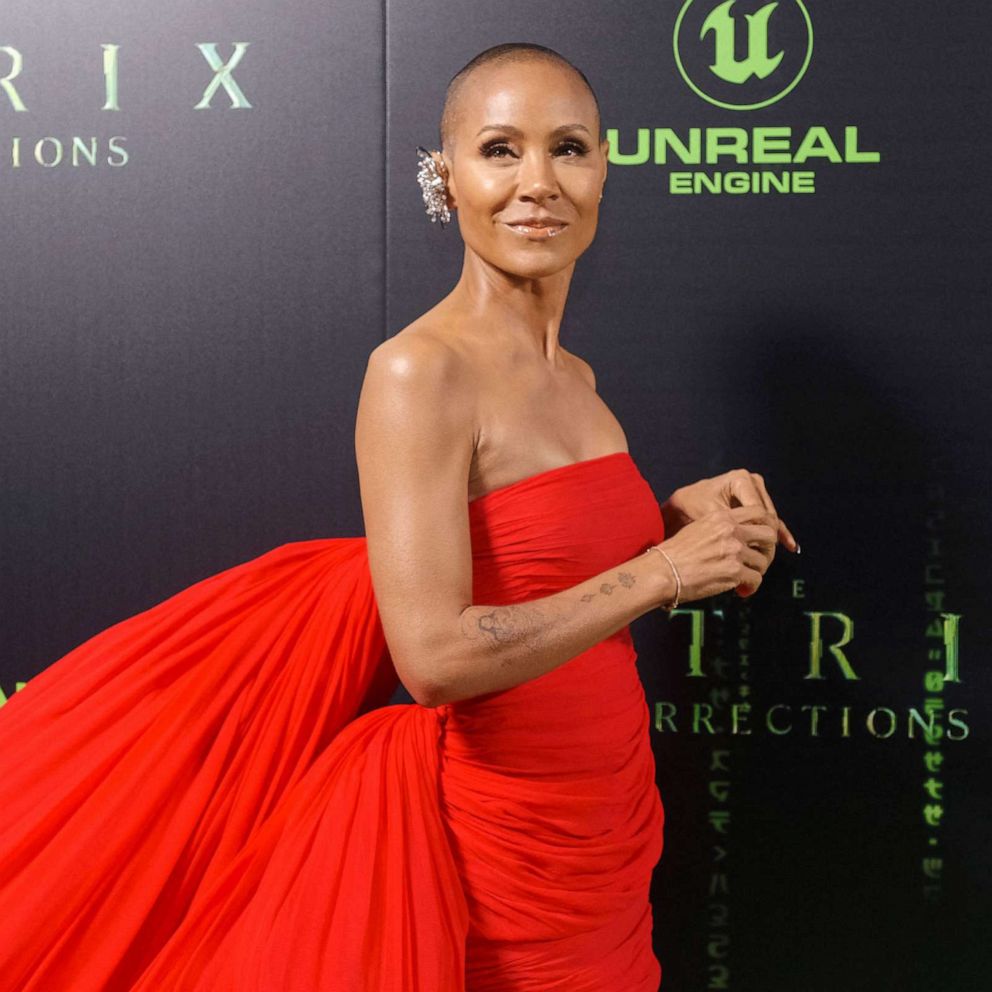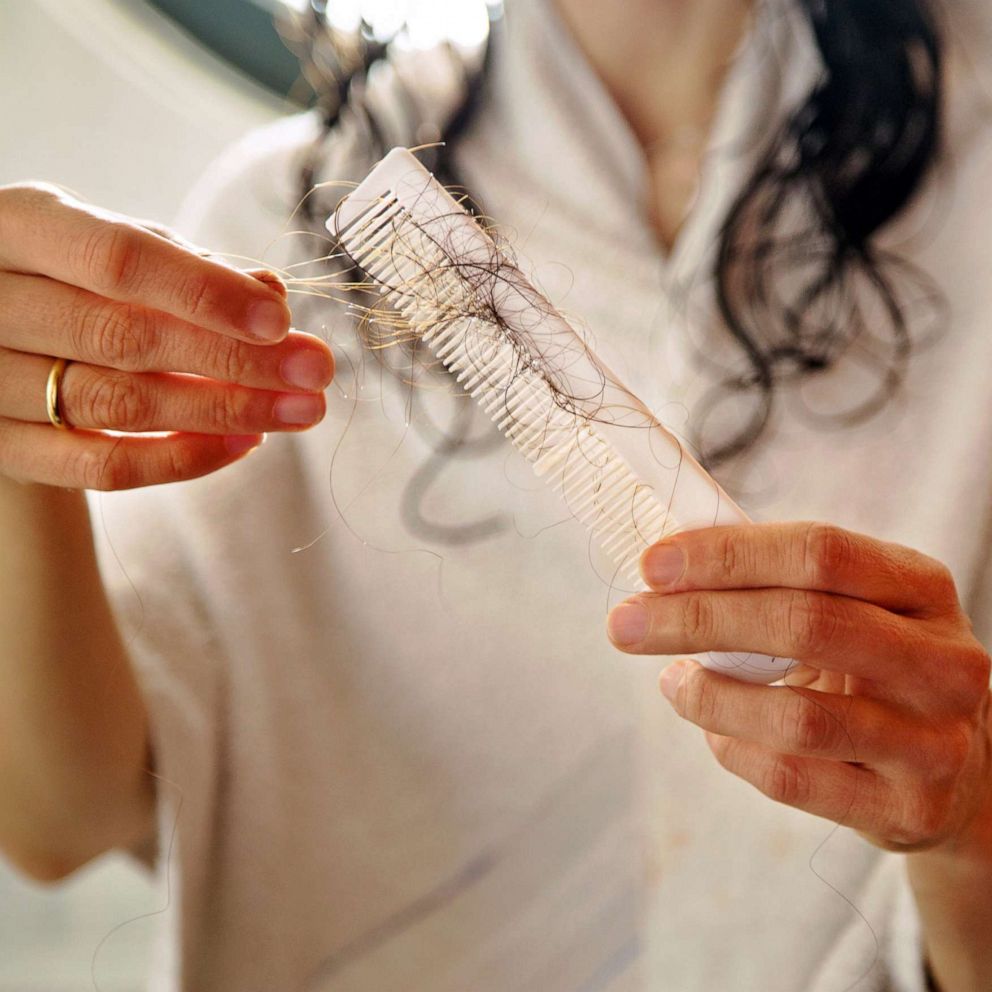New study finds some natural hair loss supplements may actually work
Pumpkin seed oil, zinc and other nutritional supplements may help with hair loss, according to new research published in JAMA Dermatology.
Researchers in Boston and Miami reviewed 30 different studies -- some had men participating, while others focused on women, and another looked at hair loss in children -- and found nutritional supplements with the best potential benefits from several hair loss brands and natural supplements.
A few of the brands include Viviscal, Nourkrin, Nutrafol, Lamdapil and Pantogar, and potentially beneficial supplements include the likes of capsaicin and isoflavone, omegas 3 and 6 with antioxidants, apple nutraceutical, total glucosides of paeony and compound glycyrrhizin tablets, zinc, tocotrienol and pumpkin seed oil, according to the findings, published Wednesday.
All of the supplements in the study reportedly had mild to no side effects.
Whether or not the supplements work may depend on the person and the type of hair loss that person is experiencing, according to health experts.
The study reported that zinc improved hair thickness and density, apple nutraceutical showed increased hair density and hair formation, and Viviscal showed improvements in hair counts and decreased hair shedding.
ABC News chief medical correspondent Dr. Jennifer Ashton, who has shared her own COVID-related hair loss journey, said the supplements noted in the research are "widely available."
She said treatment options will be individual to each person.
"I think the bottom line here is that you have to get at, pardon the pun, the root cause of your hair loss, because it's not one size fits all," Ashton said Friday on "Good Morning America." "But if you look at how these supplements produced the results that they did, according to this compilation of studies, they varied."
Ashton recommends speaking with a dermatologist to discuss treatment options and what works best for a specific type of hair loss. She said the evidence is still emerging on the beneficial effects of supplements for hair loss.
"I want to emphasize these results can vary," said Ashton. "They can be mild. They can be more significant, but for people suffering with significant hair loss issues, usually a visit to a dermatologist is step one."
Ashton said she found success by varying her hair styling techniques, in addition to diet and supplements.
"It's not just about diet and nutritional supplements, but I think the key thing here is evaluate your particular situation," she said. "For me, diet was a big contributing factor, but then resting your hair from styling or coloring damage and my favorite, those clip-on ponies and wigs, can be really, really helpful."







